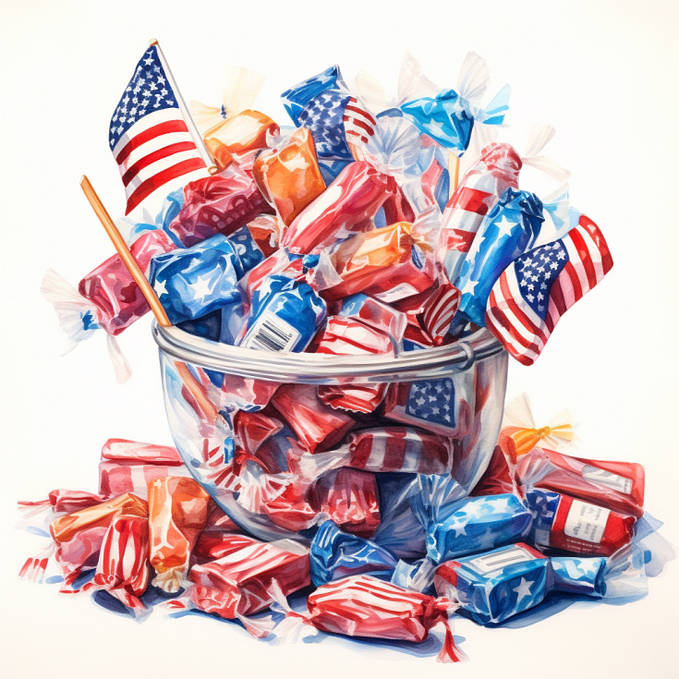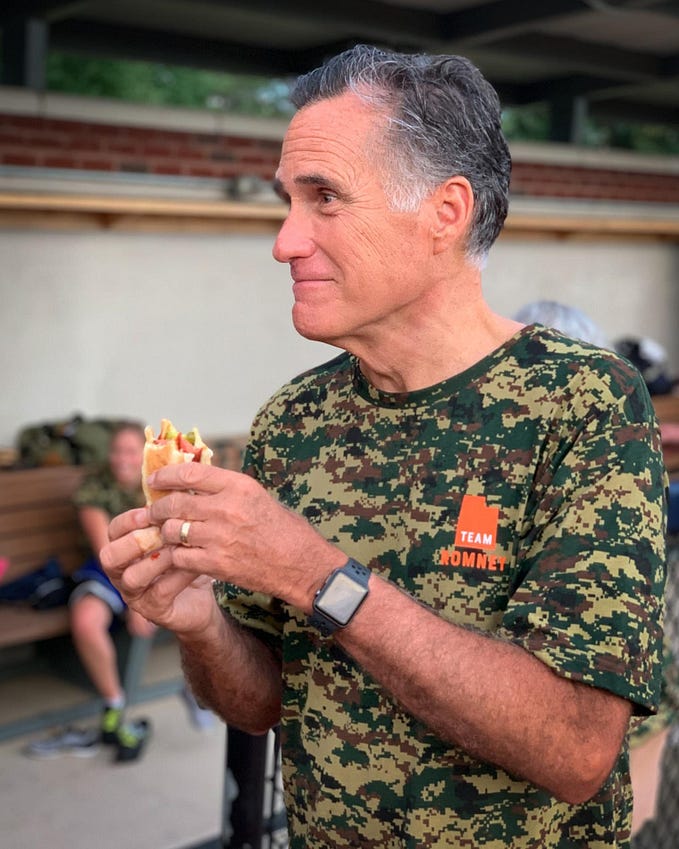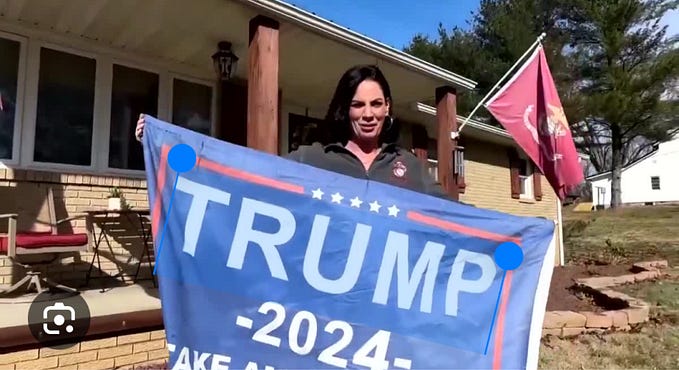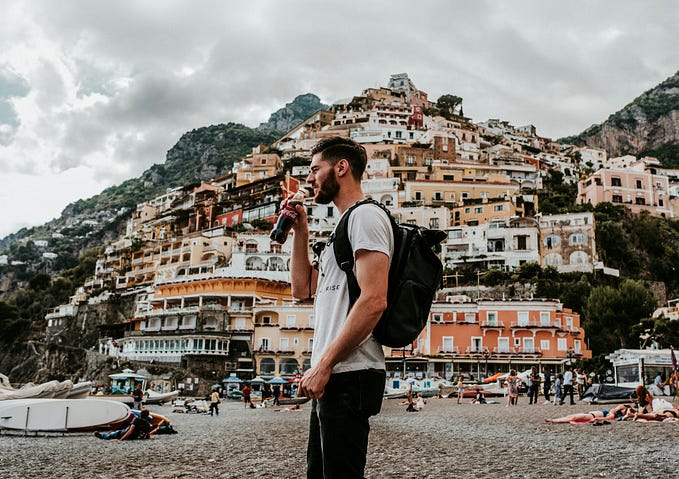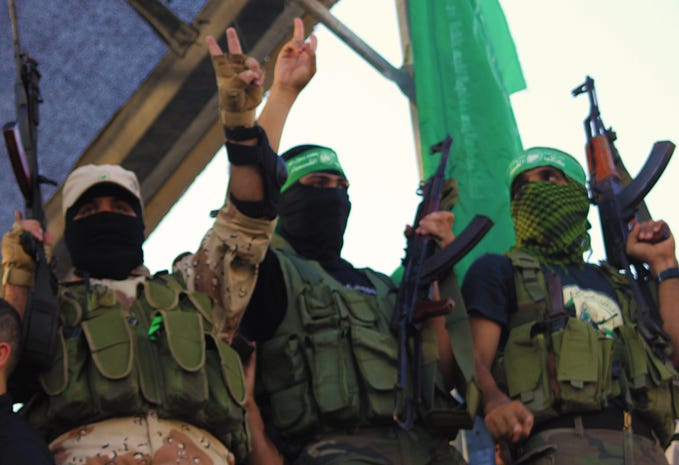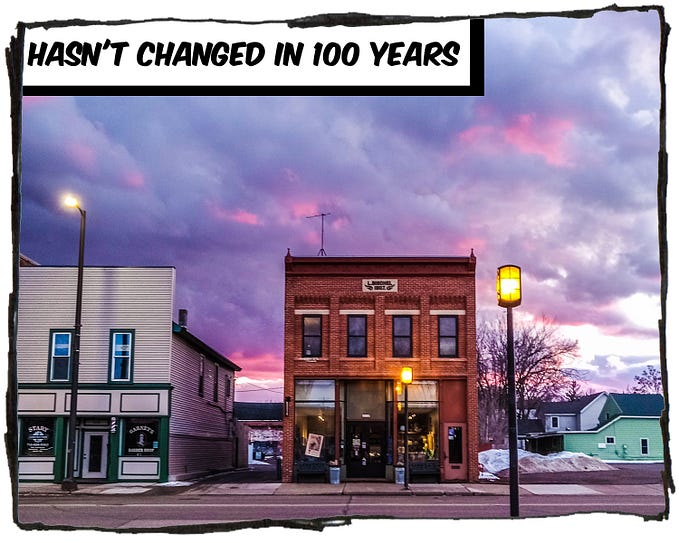
The Place of the Dead
by Nick Sweeney
Our day from Casablanca to Marakech started in a sunstroked lorry with a driver who verged on comatose. We crawled past the orange trees into the scrub, then onto roads lined by bare red rock. We stopped for hours at Settat, where the driver made deliveries and supped tea with his mates, and we dozed, heads on our bags. The ride ended abruptly in some dirt-track town name of Semda. We argued, because the price agreed had been door-to-door. “A man comes,” we kept being told.
“But we’ll have to pay him, too,” Yvonne repeated back, getting only infuriating smiles.
The man came, in a white Renault Five covered in red dust, drove us through the parched weeds that signalled the limits of towns. We saw fields of sunflowers burnt to a crisp. The scrub became oasis, rubbish dumps among the palms. Our man said, “You think that’s funny?” We shook our heads, wanting to say, not funny exactly, but kind of weird, and stupid, and ultimately, yeah, sort of comic. “And what do you do with your rubbish in England? Your nuclear waste you throw in the sea, your acid rain, in the air. That’s funny.”
“True,” Yvonne agreed, and laughed politely, though she didn’t think it was something to laugh about at all, just saw that he wanted some kind of response to his cleverness.
We didn’t want to be reminded of England. It was a place we tried to forget as soon as we got off the ferry from Algeciras, in search of different planets masquerading as great continents.
We’re prey to sickness in this dream city, and in such moments we have our own dreams. We frequent chemists where they wrap everything in fancy paper and seal it with sellotape, even packets of antibiotics. Of course, we’re in and out of hotel bathrooms at a proper trot.
We stroll out, squeaky clean from showers. A boy makes an urgent face, holds out his hand. When Yvonne bends to make her opinion about his enterprise clear, he snatches her sunglasses from her nose and runs, disguises himself as a hundred similar boys. She stands on the rue de Bab Agnaou, eyes surprised and hurt. It seems like I haven’t seen them for a long time.
We hurry now, Yvonne making much of shielding her eyes. “He wants to be our guide,” I say, as a man walks alongside and rabbits away in French. It’s a game we play when being hustled, make ordinary-sounding conversation to avoid performing the frosty British glance ahead.
“I know.” She’s not playing.
He switches to English, to demand, “What is your name?” The ordinary people we meet want to know our names, we can tell, but are too polite to ask; the hustlers don’t care what it is, just know that saying, I’m not telling you is, for some reason, difficult.
I go, “Oh, not now, pal, eh?” and he fades away. Teen boys, a leather-faced hag, and a water-seller shout hallos at us. We walk this cheery gauntlet, and find the chemist.
Back home we would have called them pharmacies for a few weeks, then would have junked that, would have called them chemists again, without thinking or discussion. Inside, men drink tea, and talk, under a nicotine fug that hangs in ceiling-high sheets. We buy stuff for the runs. Yvonne is prescribed antibiotics, but is more interested in sunglasses. She tries some on, labels hanging over her nose. A man tries to help her. How can you help somebody try on sunglasses? I’d bought her the stolen pair for her birthday, all the way back in cold old March back in cold old Durham. I don’t remind her of this, because she gets attached to the sentiment of such occasions, and to the objects that fix them in time.
There’s none of that here. In Fez, our guide, who would accept nothing from us — “Nothing, I insist. We have friendship, yes?” — had wanted my watch, as a present.
“My dad bought it for me,” I’d lied.
“Yes?” He’d waited, puzzled.
“Anyway.” I’d given way to the prosaic. “I need the time — we’ve got to catch trains, and…”
“What?”
“Get buses, mate.” I’d spread hands in that impatient explanation of the fucking obvious.
“She has a watch.” He’d pointed to Yvonne, his only acknowledgement of her. She’d looked at him dangerously.
“Hers doesn’t work,” I’d told him.
In the streets there are men everywhere, walking, lounging, sitting, grafting, hustling, in sand-blasted bangers, on rusting bicycles, on mopeds with no brakes. Young men have the look of young men everywhere: neat, sassy. The older ones are overgroomed, like faded celebrities guesting on game shows: shirts open a button too far, trousers just that bit too tight, hair too thin and yet too long; kind of seventies. “Eighteen seventies,” Yvonne says.
We laugh, complacent in the feeling that we can, because we know each other as well as we do. We’d always laugh in the end, no matter what happened. Or so it seemed to me.
You can’t walk down a street for more than a few minutes without being hassled, but you still have to laugh. “Of course you do,” one of the old boys who ran the Tanger Inn in Tangiers had warned us. “Or go to Shoeburyness.” We were wary of his sharp tongue, all the put-downs he’d learned from the witty queens who’d quipped through evenings there over the years: William Burroughs, Allan Ginsberg, Joe Orton, Kenneths Halliwell and Williams, they’d all flopped at the Tanger Inn. We wondered if they’d been told the same thing, or was it one of them that said it in the first place? We didn’t have much choice, anyway. We didn’t know where Shoeburyness was.
We sit outside a café in the shade, and take a long time over tea, say nothing.
A paper-seller approaches. “Independent,” he says, the way Inspector Clouseau might have said it. “English paper.”
“We’re on holiday.” I find French lying in my head for years, just for that moment. “The world can do whatever it’s going to do.” A man at a nearby table laughs at this philosophical paste-job, and I feel safe enough to turn and smile.
Across the road some twat crashes his moped into a car. Voices are raised and fists are shaken, but it’s too hot for a proper row. People gather, take sides, but the two parties drive on, fuelled by their pride.
Tangier had a Spanish feel, but was also as tacky as Blackpool. We’d pictured Burroughs wandering around as the invisible man, improbably, in black, hat like a priest’s. Fez was a sulky trio of towns we never got to grips with. Rabat was sea-sprayed from the Atlantic, and seemed to have a wish to stay French; we were able to drink diabolomenthe and on a hotel television watch American cyclist Greg Lemond piss off an entire nation to steal the Tour de France by eight seconds. Then we had a drunken blur of a night with on-the-road Australians, a troupe most of whose names and faces we never pinned down.
Things stir in our guts as we sit in the thermal shade of Marakech. Dark patches appear on Yvonne’s dress. My eyebrows hold a huge drop of sweat, then let it trickle into my eyes, startling, stinging. We pay our bill, leave, head for our turning.
We spend ages in the loo, then fall into a dark sleep, apart on the huge bed. A voice buzzes words from our guide book into my ear as I drift off: People winter in Marakech. They are said with scorn.
Evening in the Djmaa el Fna, the Place of the Dead, said by that fanciful guide book to be the most adrenaline-inducing place in the whole of Africa. “Guess that depends,” one of the Aussies had drawled in Rabat, “on whether you’ve had a drunk twelve-year-old pointing a Kalashnikov at ya.” Smoke pipes from makeshift restaurants, the air pungent with the smell of animals roasted in their own innards. Storytellers drone out tales we will never understand, but we listen all the same, mesmerised. A man tears up newspapers, but his patter goes on too long, and we never get to see what he does with them. A woman sits in a tent set up around a Peugeot and does what looks like fortune-telling, but for all we know it is bingo. An American boy’s voice brays, “Hey, look at this,” almost into my ear, and his friends hurry by, bidden, all excited, all going, “What? What?”
A man puts a snake around my neck, a woman in purdah slips bangles onto my arm, a pre-teen dancer shimmies and crashes finger-cymbals under my nose, and a hand goes into the pocket of my shorts. I grab the pickpocket’s hand, but am not interested in hanging onto it. I put a coin into the hat offered by the dancer’s friend, who thanks me with bared teeth. Yvonne dutifully takes a snap of me and the snake. “Hurry up,” she says impatiently, to do what I’m not sure. I won’t see the photo, but I imagine it is me who looks impatient. The serpent is removed and I dish out more coins. “They pull their fangs out,” Yvonne says glumly, of the snakes. “A bit cruel, eh?” I agree cautiously, and move away, feeling the bangles snatched off my arm, crone curses hissed into my ear.
We pause by a dentist. On a card table in front of him lie all the teeth he has pulled, torn from thousands of heads, all colours from gleaming white through yellows and browns to gleaming black. I stare, mouth open until I snap it shut, certain I’ll dream of this man someday.
I move money, leave my shorts pockets empty. I’m tempted to pull them out, make a point. You could stand in the Djmaa el Fna with all your money, no matter how much you’ve got, changed into one dirham pieces, and it would be gone in five minutes. I think how even Paul McCartney could do that, though it might take him a day or so.
We take a break, walk along the edge of the square. “I could do with a beer,” I say.
Yvonne reminds me what one of the Aussie girls told us in Rabat, glumly, about not being able to get a beer in Marakech for love nor money. I would have been glum too, if I’d come all the way from Oz just for a beer. I remember the girl’s face, then: intense, bony, glasses, sticky-out ears, sort of… rabbity.
And there she is again, out of a hostel as we pass. They hail us, our transient Aussie friends. They’ve heard of a place that sells beer in the new town, and we join them. It does indeed sell it, and also plays loud western music. We are the only people in there. We drink and dance, catch up with their names and journeys. Yvonne soon cries off, knackered, and fearful about alcohol clashing with antibiotics. I feel guilty about her wandering back alone to the hotel, but she insists it’s no big deal.
I don’t feel guilty about snogging in a dark corner of the bar with Elaine, the rabbity girl, beer sweet on her breath. Nor about our detour to her hostel dorm, and the skanky smell of her, the sight of her underwear, not washed often or thoroughly enough on the road, as I fuck her, quickly, fearful all the while of the return of her friends.
Terrace of the Café de France, Yvonne and I drinking bad cappuccino, watching the square’s night-time business; smoke rising and fading, lights on and off, acrobats hanging with precarious magic in the air for long seconds, pipes and drums sounding, and over them the clatter of the dancers’ cymbals. None of it drowns out the voices of thousands of people with stories to tell, all the living, all the dead; it’s not the place of the dead to tell stories, but just the same we hear them, transfixed.
“It was that little four-eyed bitch,” Yvonne says. “Wasn’t it? I knew, from the way she looked at you, not only here, but in Rabat, too.”
I hadn’t noticed Elaine looking at me in any particular way in Rabat. As it’s almost like Yvonne didn’t go back to our hotel, but waited outside the bar and followed us back to the dorm and watched us through a window, it seems undignified to deny it.
She’s gaunt, and sick, and I am, too. We can feel the Place of the Dead inside us as well as around us, and, at a further remove, the continent beyond it. It has preoccupations of its own, and stories we will never learn, and we know for sure where we belong, back home, together, headed our separate ways, to tell our own stories.
Originally published in the print anthology, Exiles: an Outsider Anthology, Blackwitch Press, May 2014.
Nick Sweeney’s books include Laikonik Express (Unthank Books, 2011), The Exploding Elephant (Bards and Sages, 2018), A Blue Coast Mystery, Almost Solved (Histria Books, 2020) and The Émigré Engineer (Ploughshares, 2021). His story Traffic was runner-up in the 2015 V S Pritchett Prize, and The High Life (Wordrunner, 2021) was nominated for the 2022 Pushcart Prize.


